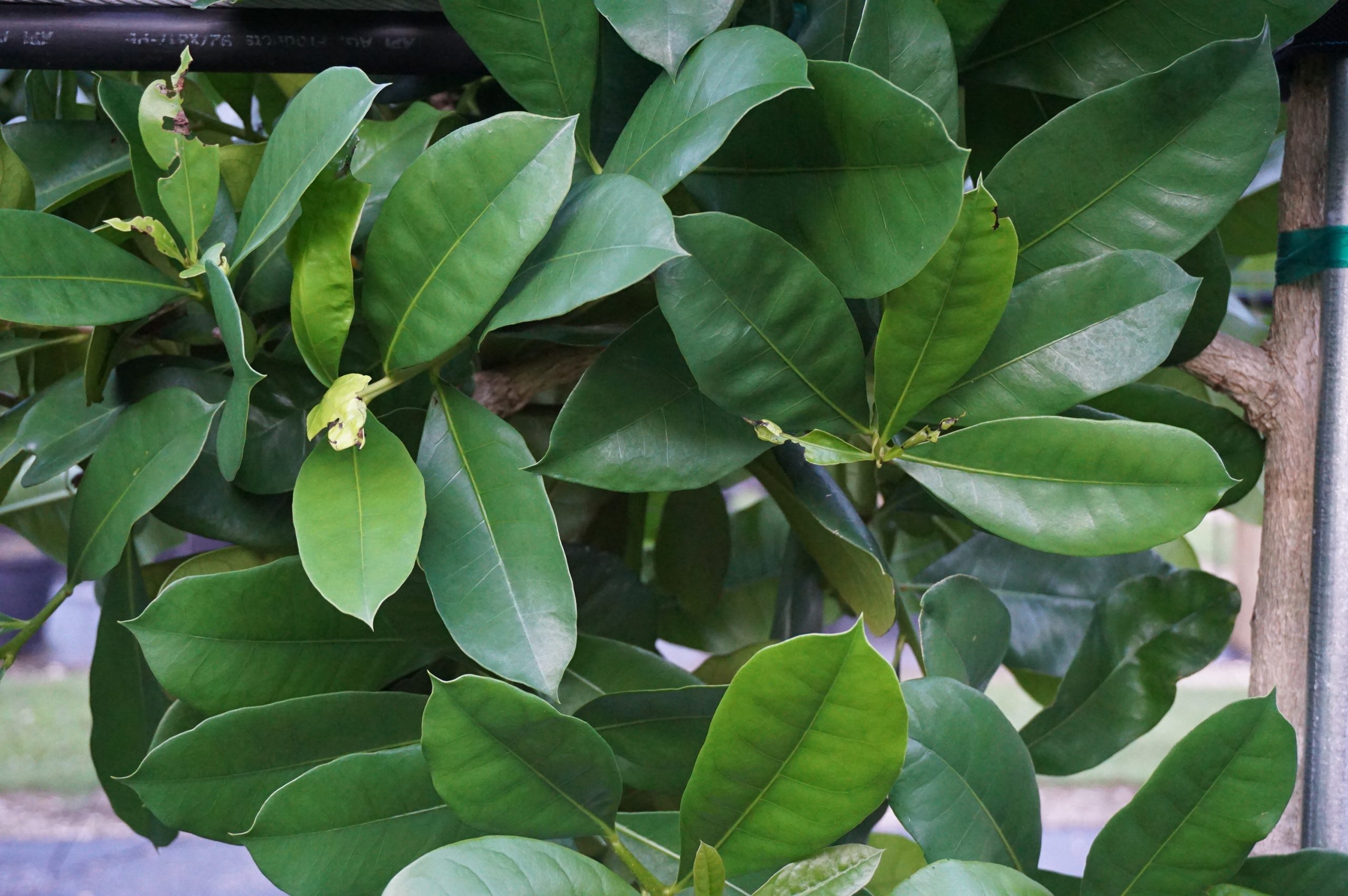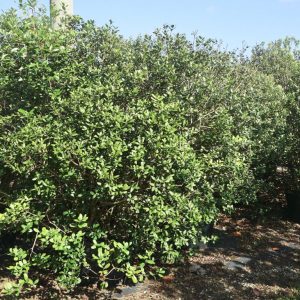Description
Amphitecnia Latifolia tree description
The Amphitecnia Latifolia (Black Calabash) a small tree or shrub of variable height and spread, depending on growth form. It has gray, rough furrowed bark. Calabash is a general term referring to gourds, typically dried and used as water vessels. It is a common home garden tree in the tropics, and is related to crescentia species which produce a smaller fruit.
In addition, this evergreen tree or shrub has a dense crown. The dark, glossy and green elliptical leaves measure up to 7 inches (17.78 cm) long. While, the branches are upright and are susceptible to breaking. It produces 2 inches (5.08 cm) long, non-showy purplish-white blooms and flowers. Likewise, fruits are invisible, round, green, fleshy 3to 6 inches (15.24 cm) long; the interior white flesh and seeds are edible. The dried pod becomes woody and constitutes the gourd. Propagation by seed, cuttings or air layering. A hardy plant, it tolerates a range of soil types providing they are well drained. It has no serious pest or disease problems.
Where to plant Black Calabash?
In landscaping, Amphitecnia Latifolia (Black Calabash) is an excellent choice for a seaside garden. It can also be used as a buffer in parking lots. It also makes a good wind barrier or privacy hedge.
🌳More popular and beautiful plants: Acacia Xanthophloea











